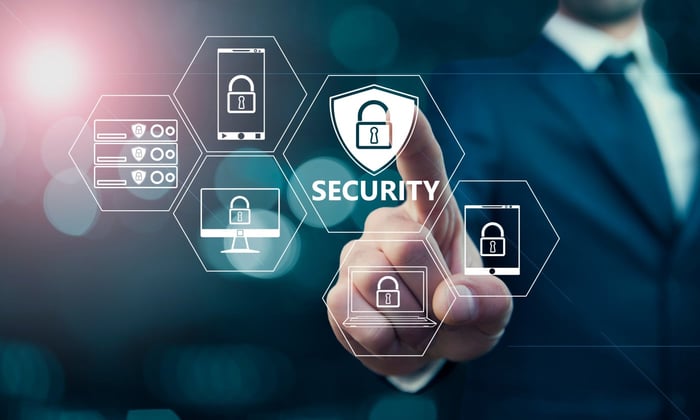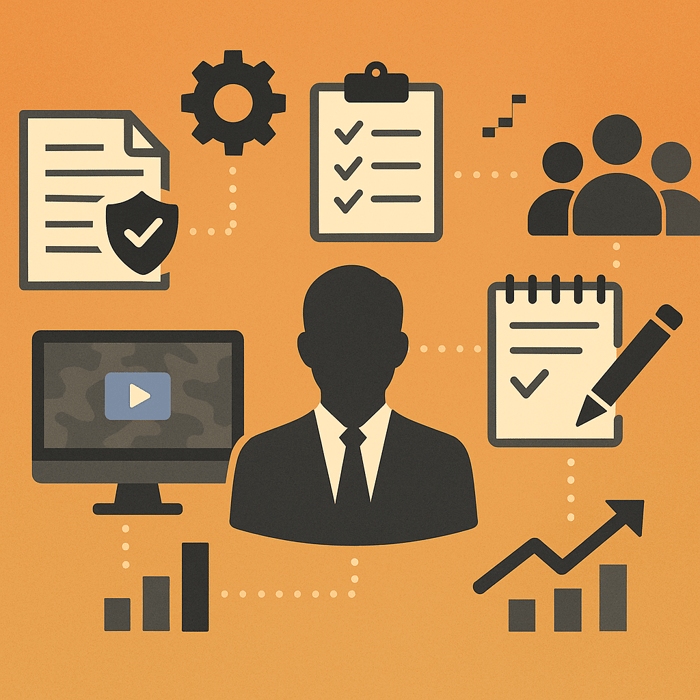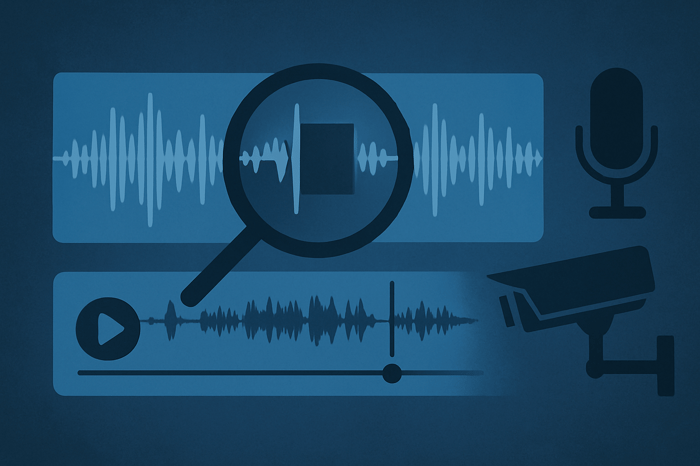Table of Contents
At Focal Forensics, protecting sensitive data isn’t just part of the job, it’s our mission. October is Cybersecurity Awareness Month, and it’s the perfect time to highlight how we safeguard law enforcement and public records while ensuring compliance with the Criminal Justice Information Services (CJIS) Security Policy.
CJIS compliance means we meet some of the highest standards for securing criminal justice information, including encryption, access control, auditing, and personnel security. For our partners, this translates to peace of mind: knowing that when you entrust us with digital evidence and records, your data is handled with the same rigor required of federal, state, and local law enforcement agencies.
But cybersecurity isn’t only for digital forensics labs and police departments. Good security habits at work and at home make a big difference. This Cybersecurity Awareness Month, we’re spotlighting four key practices everyone can adopt:
1. Use Strong, Unique Passwords
Your passwords are your first line of defense. Avoid reusing the same password across accounts—if one is compromised, all are vulnerable. Use a password manager to create and remember strong, unique logins.
2. Turn on Multifactor Authentication (MFA)
MFA adds an extra layer of protection. Even if someone steals your password, they can’t access your accounts without the second factor (like a text code or authenticator app).
3. Keep Your Software Updated
Updates don’t just bring new features—they often patch critical security vulnerabilities. Whether it’s your phone, computer, or apps, make updating a routine habit.
4. Recognize and Report Scams
Phishing emails, suspicious texts, or unusual links are common entry points for attackers. When in doubt, don’t click—call it out. Report suspicious activity to your IT team at work or to the proper service provider at home.
Our Commitment
Cybersecurity is everyone’s responsibility. At Focal Forensics, our CJIS-compliant workflows, secure cloud integrations, and rigorous internal practices ensure the highest level of trust and protection for every client we serve.
This month, take a moment to strengthen your own security habits. Together, small steps lead to big protection.
Need help with secure, CJIS-compliant video and audio redaction?
Contact Focal Forensics today
FAQs
What does CJIS compliance mean for my department?
CJIS compliance ensures that all digital evidence and sensitive records are stored, processed, and transferred following strict federal standards. This protects your agency from data breaches and maintains the integrity of evidence.
Do I really need multifactor authentication (MFA) if I already use strong passwords?
Yes. Even the strongest passwords can be stolen in a breach. MFA adds a second barrier, making it far more difficult for attackers to gain access.
How can keeping my software updated improve security?
Outdated software often contains vulnerabilities hackers can exploit. By keeping systems current, you close those gaps before attackers can take advantage of them.
What should I do if I suspect a phishing attempt or scam?
Never click on suspicious links or attachments. At work, report it immediately to your IT or security team. At home, delete the message or contact the service provider directly through a verified channel.
How does Focal Forensics protect data during video and audio redaction?
All files are processed within a CJIS-compliant environment that uses encryption, secure access controls, and audit trails. This ensures sensitive data never leaves a secure chain of custody.
Can cybersecurity habits at home really make a difference for work security?
Absolutely. Many breaches start with personal accounts. Practicing safe habits at home—like using MFA and avoiding scams—reduces the risk of attackers gaining access to work systems through personal devices or accounts.
What’s the biggest mistake people make with passwords?
Reusing the same password across multiple accounts. If one account is breached, attackers can often gain access to many others. That’s why strong, unique passwords are critical.
Why is recognizing scams so important if I think I’d never fall for one?
Scams are increasingly sophisticated and often target even cautious users. By learning to recognize and report them, you help protect your coworkers, family, and organization.
How often should I review or update my cybersecurity practices?
Cyber threats evolve constantly. It’s smart to review your passwords, MFA settings, software updates, and scam awareness at least every few months, or whenever you’re prompted by your organization’s IT/security team.



